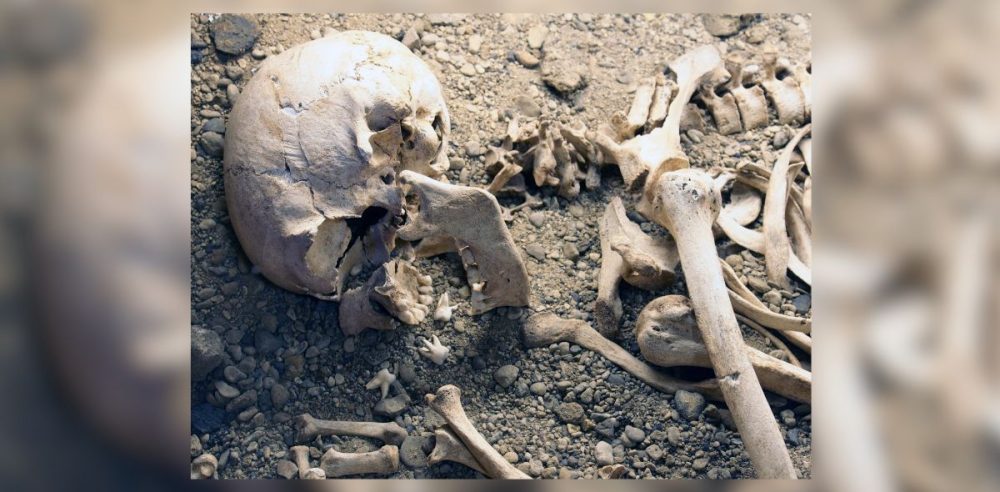Mexican authorities have uncovered a mass grave containing 12 bodies in their northern state of Chihuahua, near the southern U.S. border.
The grisly discovery was made close to the area known as “Ascension,” technically a municipality that has been long associated with cartel criminal activity and human trafficking, according to a report from Mexican officials.
Local authorities discovered 11 unmarked graves, which contained the remains of 12 skeletons total, during a series of “tracking” operations conducted from December 18 to 20 in the area, per CBS.
The bodies, which remain unidentified, have been transferred to the Forensic Medical Service Center in Ciudad Juárez for further investigation. Experts are now working to determine the identities of the deceased, as well as the potential causes of death.
Chihuahua has long been a hotbed of violence linked to the drug trade, with the U.S. border serving as a key route for smuggling drugs and human trafficking throughout Mexico. However, this specific state has been deeply impacted by the ongoing conflict between rival cartels, leading to a rise in abductions, murders, and missing persons cases in the area, reported CBS.
The remains found in Ascension are the latest in a series of grim discoveries in the region.
The Mexican government has struggled to curb violence throughout the country, which has led to a staggering 120,000 people reported missing nationwide. Yet, in Chihuahua alone, 3,927 people have gone missing since 1952, according to official records.
While the authorities continue their investigations, volunteer groups made up of relatives of missing persons continue their search for their lost loved ones throughout Chihuahua. Although it remains unclear whether any volunteer organizations were involved in locating the graves in Ascension, CBS further reports that their efforts have been instrumental in previous missing persons cases in Mexico.
This latest discovery comes amid a broader crisis of drug-related violence that has engulfed Mexico for decades.
The Mexican government’s efforts to combat organized crime have had limited success at best, with criminal organizations throughout seemingly growing in strength and sophistication. The state of Chihuahua, in particular, has become a battleground for rival drug cartels, who fight for control of trafficking routes and smuggling corridors.
During a 48-hour span last summer, violence linked to cartel conflicts in the Chihuahua area resulted in 15 deaths, a study from BorderReport found.
America has taken note of the extreme danger in the area; the U.S. travel advisory website currently reports that government employees “may not drive from the U.S.-Mexico border to or from the interior of Mexico, except daytime travel within Baja California and between Nogales and Hermosillo on Mexican Federal Highway 15D, between Nuevo Laredo and Monterrey on Highway 85D and between Ciudad Juarez and interior cities as noted in the Chihuahua section.”


